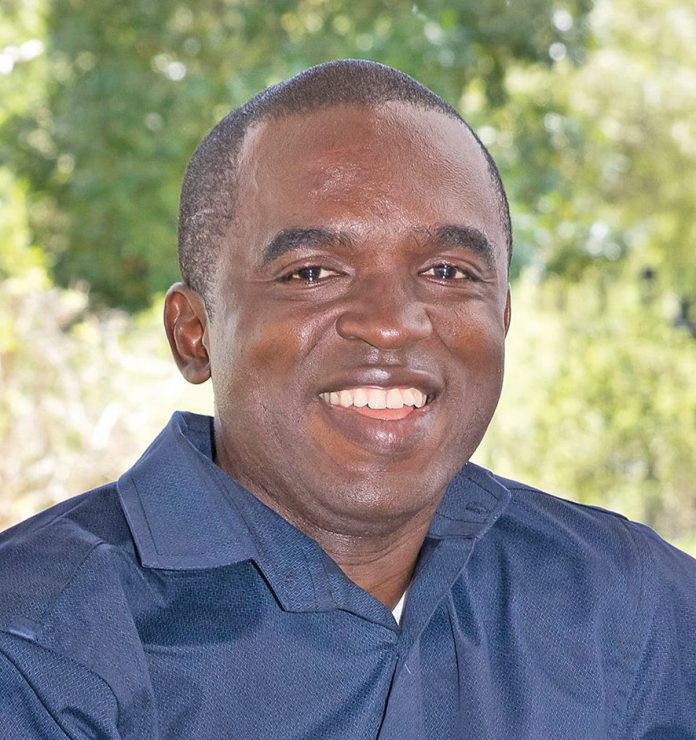Johannesburg – The essence of stand-up comedy is that you have a comedian performing to a live audience with the goal of entertaining through eliciting humour.
Comedians hold social, cultural, and political phenomena up to ridicule. Jokes can instigate re-evaluations, reversals, and replacements of the status quo – or dominant beliefs of the day.
As an art form based on abuse and amusement, comedy uses potentially offensive material. One would expect the audience to be either delighted or infuriated. But stand-up comedy creates a space where a kind of agreement is reached, which renders most offensive gags inoffensive.
This happens through elements like audiences choosing to attend, the venue, and shared socio-cultural knowledge. The synergy between comedians and live audiences allows for a momentary suspension of offence.
But when these jokes start to circulate in a separate space – like social media – they are subjected to other sets of appraisal and questioning. There is a growing backlash against comedians who supposedly tell unpleasant (or offensive) jokes.
The social media audience participates less and jokes are more easily evaluated by sensitivities like political correctness.
This is a limitless, impersonal, and more diverse audience. They are more critical and more consumerist in nature. And the voice of dissent, even when it is just one person, is more amplified in new media encounters than in real-time encounters. This “bad press” can easily cause outbursts like this one from comedian David Baddiel: “Everyone has a voice now, so an one can object to a joke. What you often see on Twitter is manufactured outrage … Comedy is a focal point for all that, being highly monitored by the dying-to-be-outraged.”
Comedians are exposed to what I call “shifting cognitions of offence”, or a change in the ideas of what’s offensive. The result is a tendency to censor their own material. I’ve explored the ways in which two famous African comedians, Trevor Noah and Basket Mouth (Bright Okpocha), self-censor. They do so, in part, to anticipate the responses they will receive from their online viewers.
South African-born Noah became internationally popular after succeeding Jon Stewart as the presenter of the US late-night TV event, The Daily Show.
Basket Mouth is one of Nigeria’s foremost comedians. He is popular across Africa and its diaspora, performing to live audiences in multiple African countries, as well as Africans in North America and Europe.
Noah and Basket Mouth share two common traits: they weave recollections of their childhood environments and experiences into their jokes. They’ve also been embroiled in controversies over jokes that were considered too sensitive. This has affected their routines.
A great way to self-censor is to give people the impression that you are “punching up”. Comedian Patti Harrison beautifully describes the technique: “If you want to make a joke, you want to punch someone. It should be punching up. You should attack people who are getting away with stuff; who are very powerful and influential, that like have it coming [New York Times 2017].”
When Basket Mouth is on stage, he deploys boastful tales, coercing his audience into realising their gullibility at the end of his set. Noah intensifies the use of accent and embodies representations of people of different nationalities, mostly under-represented and formerly colonised peoples, as a way of validating his representations of their realities.
In this way, Noah has managed to keep his local audience on his side, while also passing the social media test. This shows that with more creativity, you can side-step cancel culture while staying funny.
- Nwankwọ is a post-doctoral research fellow, at Johannes Gutenberg University of Mainz. This article first appeared on The Conversation
Follow @SundayWorldZA on Twitter and @sundayworldza on Instagram, or like our Facebook Page, Sunday World, by clicking here for the latest breaking news in South Africa. To Subscribe to Sunday World, click here.



